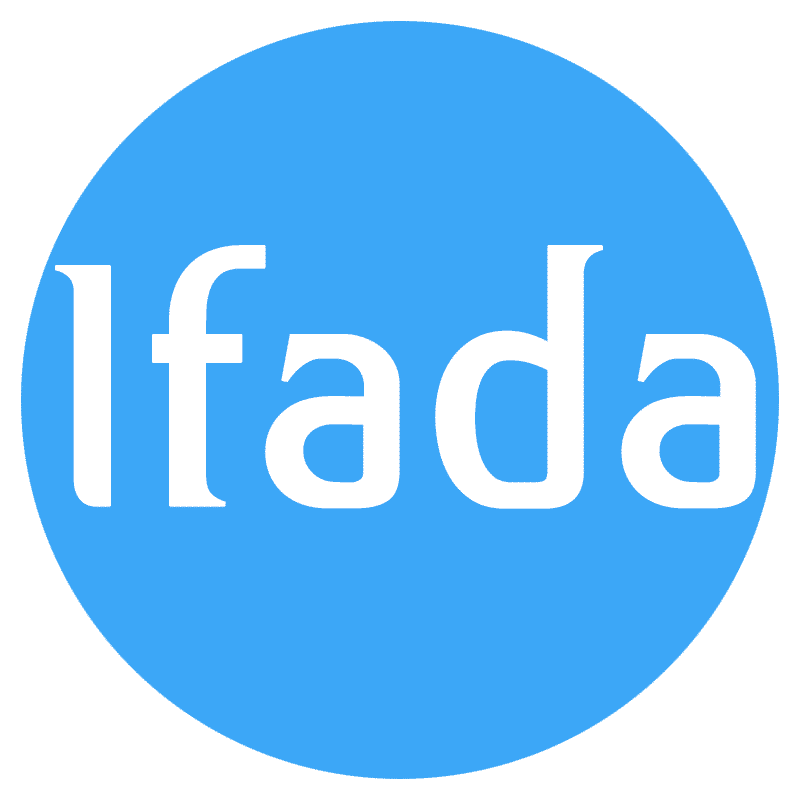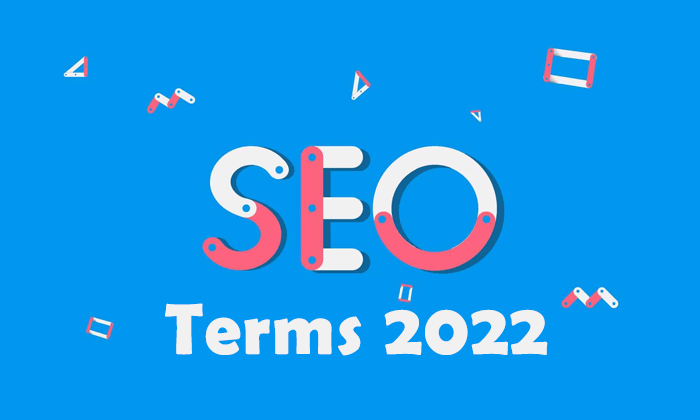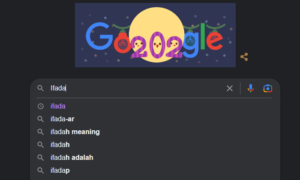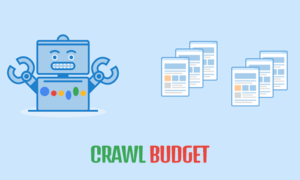Hello guys! In this post, We are gonna share with you almost all SEO terms that you will face in your daily optimization. We made it shorter and understandable.
All SEO Terms 2022:
AdWords: Google’s advertising service for displaying Ads of your website as paid inclusion.
Algorithm: A program used by search engines to determine what pages to return for a given search
query.
Alt tag: A tag that provides alternative text for visually impaired users.
Analytics: A program that assists in gathering and analyzing data about website usage.
Anchor text: The visible text in a hyperlink.
Backlink: Any link into a page or site from any other page or site.
Black hat SEO: Unethical/underhanded search engine optimization tactics.
Blog: A truncated form for “weblog.” A blog is a frequently updated journal that is intended for the public
consumption.
Bounce rate: The percentage of users who enter a site and then leave it without viewing any other pages.
Cascading Style Sheets (CSS): A website’s “”CSS file”” contains site-wide information on paragraph layout,
“font sizes, colors, etc.
Cloaking: The process by which a website can display different versions of a web page under different
circumstances. Used to display an optimized or a content-rich page to the search engines and a different page to humans. A black hat SEO technique.
CMS (Content Management System): Software that allows publishing, editing, and modifying website
content as well as site maintenance all from a central interface.
CPC (Cost Per Click): The amount search engines charge advertisers for every click that sends a searcher
to the advertiser’s website landing page.
Domain name: A unique address on the internet. For example,www.yahoo.com.
Googlebot – Google’s spider program.
HTML (HyperText Markup Language): A standardized system for tagging text files to achieve font, color,
graphic, and hyperlink effects on World Wide Web pages.
HTTP: Stands for Hypertext Transfer Protocol.
Internal link: A link that forwards to another page within the same website.
JavaScript: A scripting/programming language used on many websites.
Keyword: A word that relates to a specific subject or topic.
Keyword density: The percentage of words on a web page which are a particular keyword. If this value is
unnaturally high the page may be penalized by the search engines.
Keyword Stuffing: The act of adding a large number of keyword terms into the HTML or meta tags of a
web page. A black hat SEO technique.
KPI (Key Performance Indicator): Used to quantify objectives that indicate the strategic performance of
an online marketing campaign.
Linkbait: A webpage or piece of content with the designed purpose of attracting incoming links.
Link building: The process of getting inbound links to your web page or site.
Link popularity: A measure of the value of a site based upon the number and quality of sites that link to it.
Long-tailed Keywords: Keyword phrases that contain at least 2 or 3 words.
Meta-tag: A special HTML tag that provides information about a web page.
Nofollow: A command found in either the HEAD section of a web page or within individual link code,
which instructs search engine robots (spiders) to not follow the link.
Off-page SEO: Everything you do outside your website to improve its rankings.
On-page SEO: Everything you do within your website to improve its rankings.
Organic results: Those listings on SERPs that were not paid for (i.e. naturally occurring).
PageRank: A value between 0 and 1 assigned by the Google algorithm, which quantifies link popularity
and trust among other factors.
PPC (Pay Per Click): a contextual advertisement program where advertisers pay add agencies (such as
Google) whenever a user clicks on their ad. Google Adwords is an example of PPC advertising.
Query: The word or words a searcher enters into a search engine.
Rank: How well-positioned a particular web page or website appears in search engine results.
Reciprocal Link (crosslinking): Two different sites that link out to each other.
Relevance: A measure of how closely your website content is related to the search query and the
searcher’s expectations.
Robots.txt: This file notifies the search engines of which areas of your site are restricted and which can be
indexed.
RSS (Really Simple Syndication): A standardized system for the distribution of content from an online
publisher to Internet users.
Search engine (SE): A program, which searches web pages for relevant matches of a users keyword
phrase and returns a list of the most relevant matches.
SEM: Acronym for Search Engine Marketing.
SEO: An abbreviation for Search Engine Optimization, the process of optimizing and promoting your
website so search engines rank it higher in the search results.
SERP: Abbreviation for Search Engine Results Page.
Social media: Various online technologies are used by people to share information.
SPAM: Any SEO method that a search engine deems to be contrary to its goal of delivering relevant,
quality search results to Internet searchers.
Spider (bot): Search engines use these programs to find and add web pages to their search indexes.
Title Tag: An HTML tag appears in the tag of each web page that contains the page title.
Traffic: The number of visitors a website receives.
Usability: Measures the quality of a user’s experience when interacting with a product, website or
system.
White hat SEO: Ethical SEO practices. Those that search engines encourage you to use.
Wiki: Software or website that allows people to contribute and share knowledge on a particular topic of
interest.
XML sitemap: A file (usually sitemap.xml) designed to give search engines a map of all the different URLs
(pages) that your website contains.
I hope that you get all you need about All SEO Terms And if you need any extra explanation feel free to contact us, We will answer Asap.




